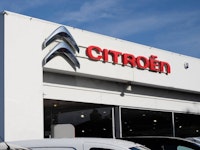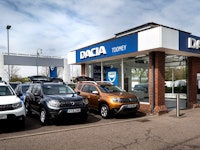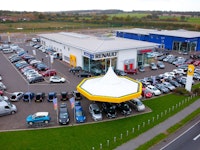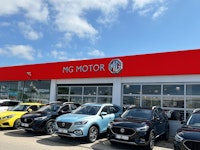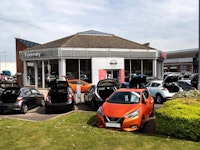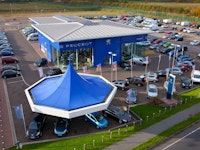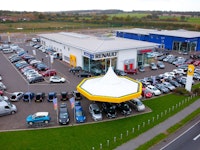Cookie Settings
We use cookies to support your experience on our website, including to personalise content
-
Essential Cookies
Necessary cookies enable core functionality. Our website cannot function properly without these cookies, and they can only be disabled by changing your browser preferences (please note if disabled our website may not work or show correctly on your device).
-
- On
- Off
Personalisation
We use personalisation cookies to understand how you engage with our website across all your devices, this includes recording your browsing habits and activity. This information is used for profiling purposes and to help identify you, so that we can show personalised content.
-
- On
- Off
Marketing
We use third party cookies on our site to serve you with advertisements that we believe are relevant to you and your interests. You may see these advertisements on our site and on other sites that you visit on any of your devices where you've accepted marketing cookies. Please note that if you disable these, you will still see adverts but they won't be specifically tailored to you and your interests.



